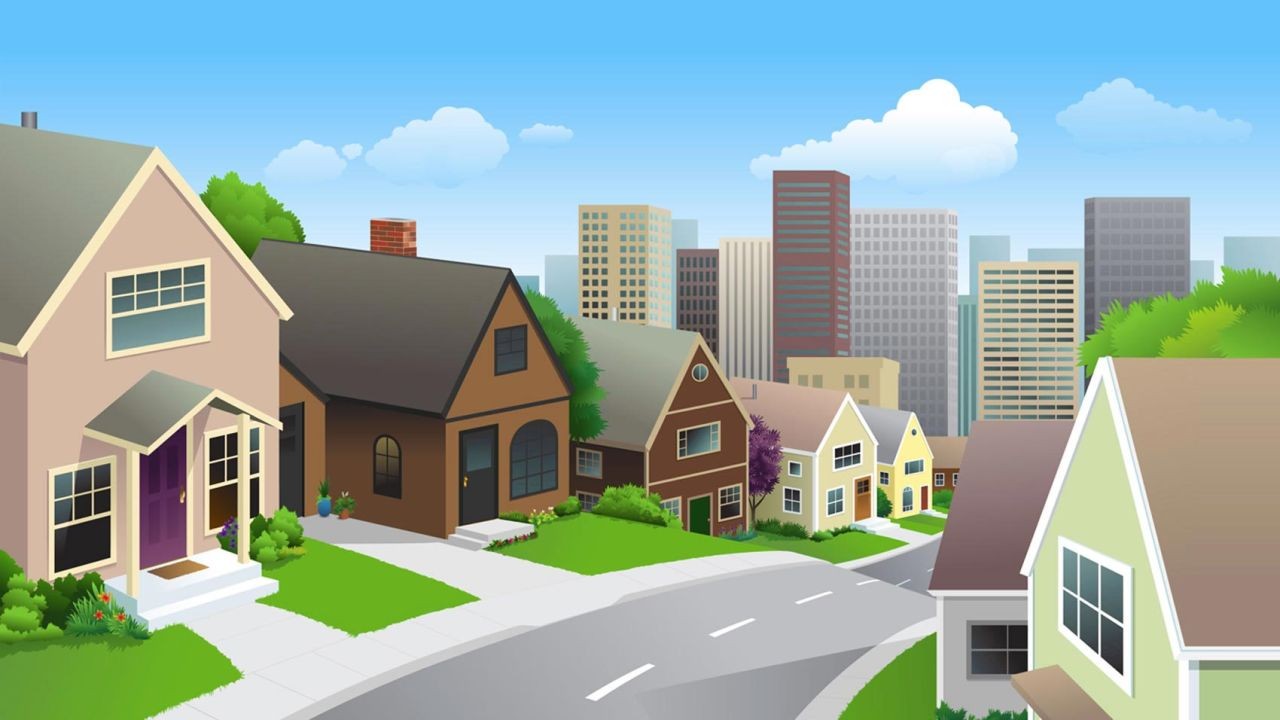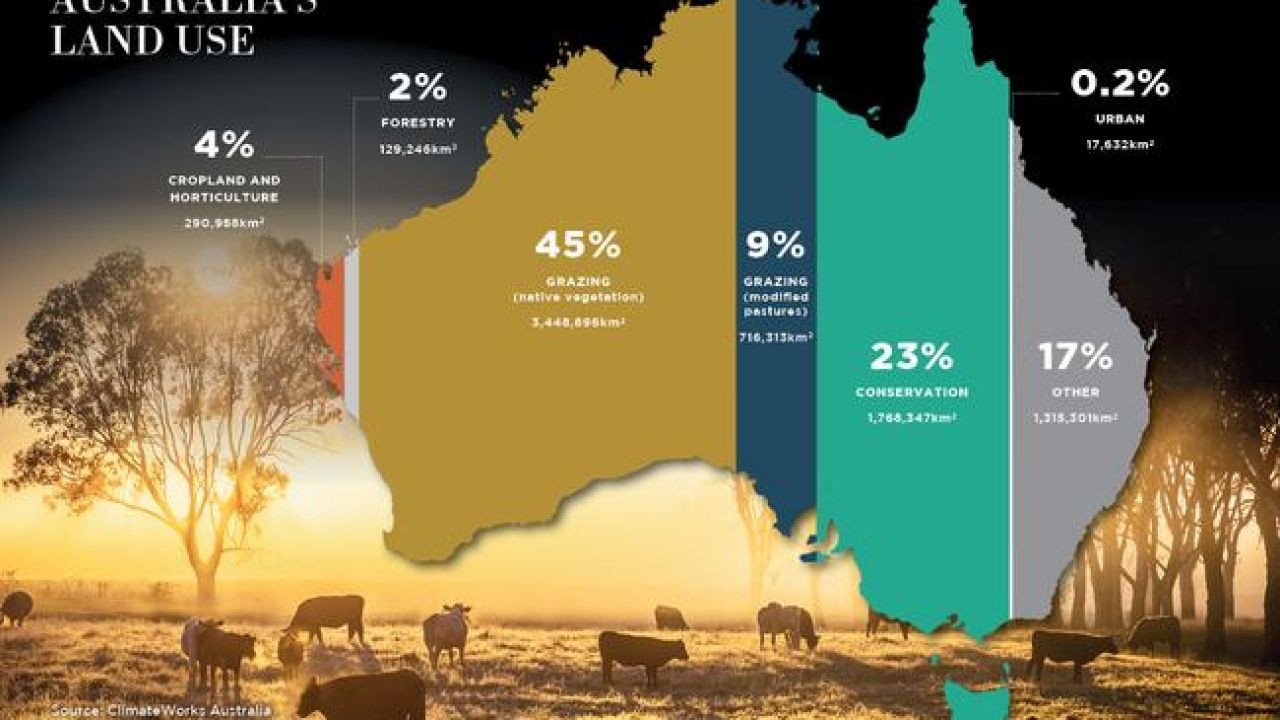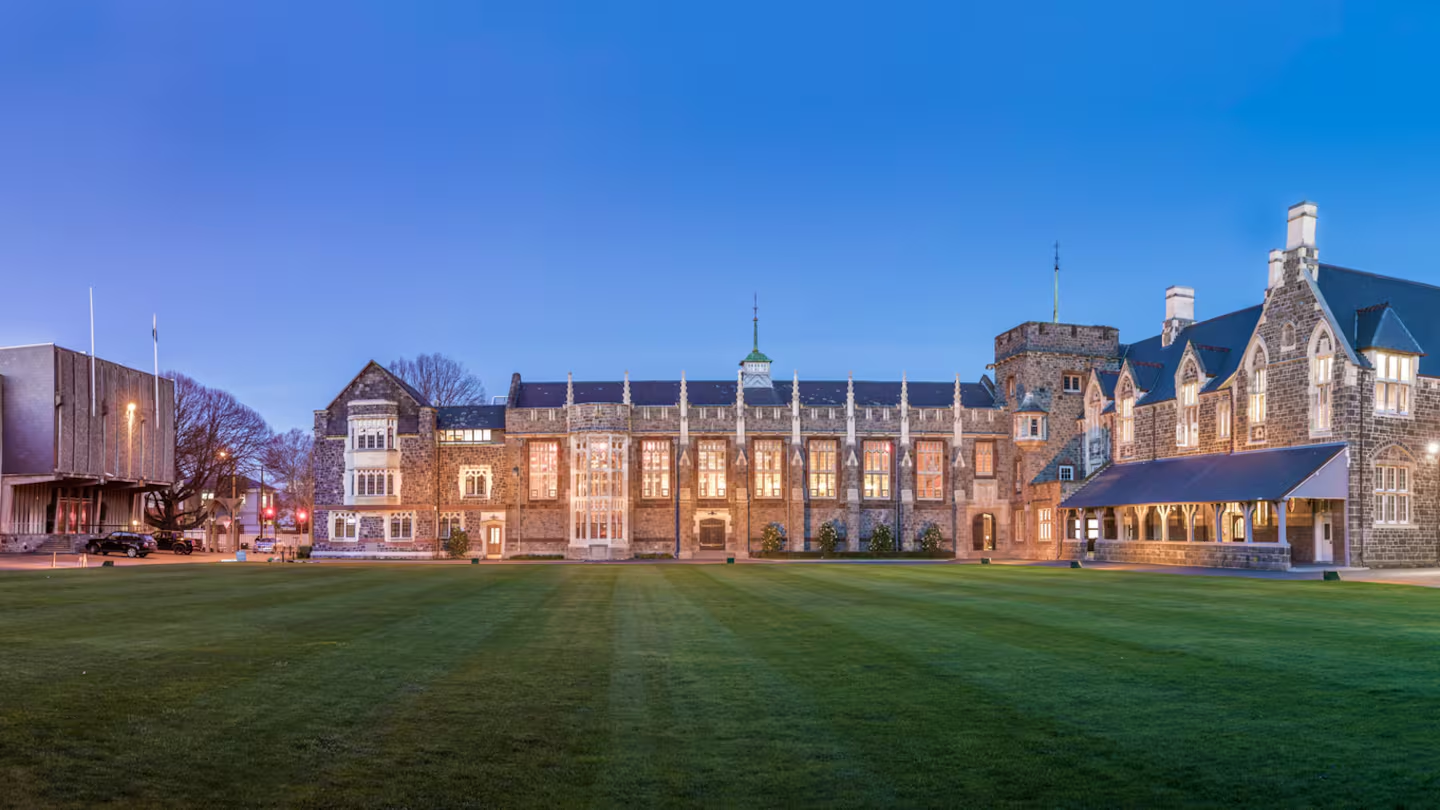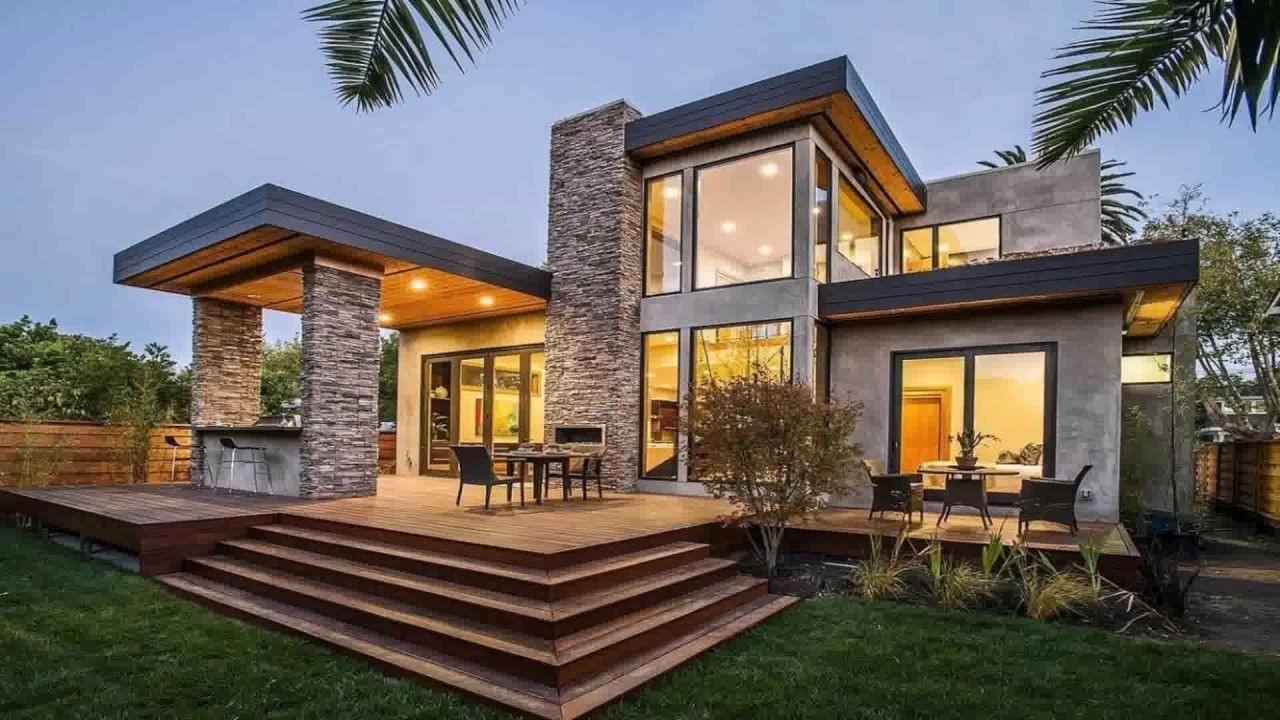In New Zealand, choosing the right neighborhood for your home is a decision that extends beyond mere preference; it is a strategic choice that impacts your lifestyle, investment, and future. Recent statistics from Stats NZ highlight that property values in New Zealand have surged by 27% over the past year, emphasizing the importance of making informed decisions when selecting a neighborhood. As an Innovation Consultant, understanding the nuances of urban planning, socioeconomic factors, and emerging trends is crucial in guiding clients toward sustainable and beneficial residential choices.
The Importance of Neighborhood Selection in New Zealand
New Zealand's diverse landscape offers a plethora of neighborhood options, each with unique characteristics. From the bustling metropolitan areas of Auckland and Wellington to the serene landscapes of Christchurch and Queenstown, the choice of neighborhood significantly influences one's quality of life. The Reserve Bank of New Zealand's analysis suggests that the right neighborhood can enhance property value appreciation, thus contributing to long-term financial stability.
Pros and Cons of Different Neighborhood Choices
Urban Living: Pros and Cons
Choosing an urban neighborhood such as Auckland CBD provides proximity to work, entertainment, and amenities. However, it comes with the challenges of higher living costs and congestion.
Pros:
- Convenience: Easy access to public transport and facilities.
- Vibrant Lifestyle: Abundance of cultural and recreational activities.
- Economic Opportunities: Proximity to business hubs and career prospects.
Cons:
- High Cost of Living: Elevated property prices and rental rates.
- Noise and Congestion: Urban noise and traffic congestion.
- Limited Space: Smaller living spaces with less privacy.
Suburban Living: Pros and Cons
Suburban neighborhoods such as those in North Shore or Lower Hutt offer a family-friendly environment with larger properties but may lack the immediacy of urban amenities.
Pros:
- Affordability: Generally lower property prices compared to urban areas.
- Space and Privacy: Larger homes and outdoor spaces.
- Community Feel: Strong sense of community and safety.
Cons:
- Dependency on Cars: Limited public transport options.
- Distance from City Centers: Longer commute times.
- Limited Nightlife: Fewer entertainment options.
Data-Driven Insights: Choosing Your Ideal Neighborhood
To make an informed decision, leveraging data is essential. According to the Ministry of Business, Innovation, and Employment (MBIE), neighborhoods with access to public transport, good schools, and low crime rates tend to have higher property value appreciation. Additionally, Stats NZ reports that areas with a mix of residential and commercial properties offer better investment opportunities due to diverse economic drivers.
Case Study: Wellington's Transformation
Wellington has seen a transformative shift in its neighborhoods, particularly with the development of the Te Aro district. Once an industrial zone, Te Aro is now a thriving residential and commercial hub.
Problem: Initially, Te Aro was characterized by underutilized industrial spaces and low residential appeal. Action: Through strategic urban planning and investment in infrastructure, the area was revitalized, attracting businesses, cafes, and residential developments. Result: Property values increased by 40% over five years, and the population grew by 25%, showcasing the impact of strategic neighborhood transformation. Takeaway: Urban renewal can significantly enhance neighborhood appeal and investment potential in New Zealand.
Common Myths & Mistakes in Neighborhood Selection
Myth vs. Reality
Myth: "The best neighborhoods always have the highest property prices." Reality: High property prices do not necessarily equate to the best living conditions. Factors like accessibility, community amenities, and growth potential are often overlooked yet crucial.
Myth: "Living close to work is the most important factor." Reality: While proximity to work is important, quality of life factors such as schools, parks, and community engagement play a significant role in long-term satisfaction.
Biggest Mistakes to Avoid
- Avoid ignoring future development plans. Always check with local councils for upcoming projects that might affect property values.
- Neglecting to consider lifestyle preferences. Ensure the neighborhood aligns with your lifestyle, whether you prefer a vibrant urban setting or a quiet suburban area.
- Overlooking transportation options. Accessibility is key; ensure the neighborhood has adequate public transport and road connectivity.
Future Trends in New Zealand's Neighborhoods
Looking ahead, the integration of smart city technologies and sustainable living practices are predicted to shape New Zealand's neighborhoods. According to NZTech, the adoption of smart infrastructure can enhance connectivity and efficiency, positioning neighborhoods as hubs of innovation and sustainability.
Conclusion
Choosing the right neighborhood in New Zealand requires a balance of personal preferences, practical considerations, and strategic investment insights. By leveraging data and understanding the unique attributes of each locality, you can make informed decisions that align with your lifestyle and long-term goals. As urban landscapes evolve, staying informed about trends and developments will ensure that you choose a neighborhood that meets your current needs and future aspirations.
People Also Ask (FAQ)
- How does neighborhood choice affect property investment in New Zealand? Choosing the right neighborhood can significantly impact property appreciation, with data showing areas with good amenities and transport links offering higher returns.
- What are the biggest misconceptions about neighborhood selection? A common myth is that higher property prices equal better neighborhoods, but factors like community and accessibility are equally important.
- What are the best strategies for selecting a neighborhood? Experts suggest analyzing local amenities, future development plans, and lifestyle alignment for a comprehensive neighborhood selection.
- What upcoming changes in New Zealand could affect neighborhood desirability? The introduction of smart city technologies and increased infrastructure investment are expected to enhance neighborhood appeal.
- Who benefits the most from choosing the right neighborhood? Homeowners, investors, and families benefit by ensuring the neighborhood aligns with their financial and lifestyle goals.
Related Search Queries
- Best neighborhoods in Auckland for families
- Suburban living vs. urban living in New Zealand
- Property investment strategies in New Zealand
- Future of real estate in Wellington
- Smart city technologies in New Zealand
- How to assess neighborhood safety in NZ
- Impact of infrastructure on property values in NZ
- Neighborhoods with best schools in Christchurch
- Urban planning trends in New Zealand
- Cost of living comparison by neighborhood in NZ































